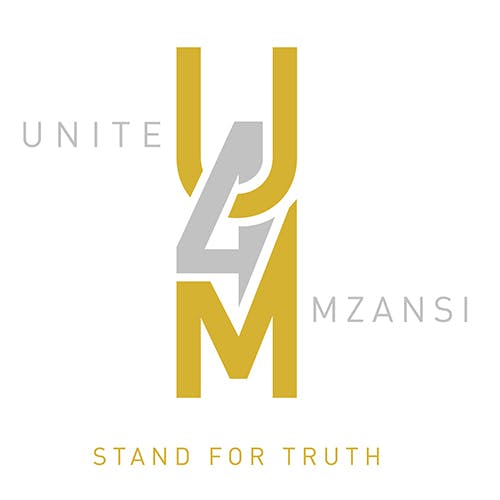Preventing further looting of the country must be our top priority
Now, with the release of the second instalment of the Zondo Commission’s report, South Africa is reeling from the details of just how deep the hornets’ nest of corruption and racketeering within Transnet and Denel truly was. As more details emerge, the Unite 4 Mzansi™ movement has come out in strong support of the principles outlined in the Commission’s reports and states that it will stand behind these principles and will play its part to ensure that rampant abuse of public trust finally comes to an end.
State Capture has robbed the poorest of the poor and it is up to every South African to ensure that it is rooted out and defeated. Unite 4 Mzansi™ endorses the recommendations of the Zondo reports in totality – particularly the recommendations that have been put forward on how to deal with those implicated in wrongdoing.
“When it comes to corruption and State Capture, we need to take to heart the lessons we have learned to ensure that the gross breaches of public trust that have become so prevalent in our country come to an end. We need to hold frank discussions about what needs to change in society and then be radical in our focus on implementing these changes to ensure that consequence management is done in the interest of ordinary South Africans. We do not need more processes, we need to act,” exclaims Professor Bonang Mohale, chair of Unite 4 Mzansi™.
“As business leaders, it is up to us to re-instil a sense of purpose in our professions by offering to help rebuild South Africa into a truly capable state. To do this, we need to support the processes that the government has undertaken so far and find ways in which we can use our expertise to expedite these processes. Importantly, in showing our commitment to change, we must also stand beside those who have stood up against corruption and assist them in any way possible,” he adds.
Yet, says Mohale, support is only one side of this coin.
If South Africa is to truly stamp out corruption, its citizens also need a detailed understanding of what went wrong at every layer of governance. It is only when we know this that we can ensure that the lessons of State Capture are not only never forgotten but, more importantly, never repeated.
It is with this in mind that an important part of the Unite 4 Mzansi™ movement’s work is to analyse in depth how the guardians of governance failed in each of the prevalent cases of gross corruption that has riddled the country.
Recently, Unite 4 Mzansi™ completed its latest case study analysis of Transnet and, today, it is releasing that case study video to the public.
Taking the form of a 15-minute case study video, Unite 4 Mzansi’s™ research team highlights just how deep the failure of the guardians of governance was and how much work went into the detrimental looting of this important state-owned entity. It is vital viewing and Unite 4 Mzansi™ urges every South African to view the video.
“Whether we think we are culpable or not, we all have a role to play and need to think about ourselves as partners with the government in resolving issues of corruption and ensuring we build a society that is progressive and successful. We all need to take a stand,” concludes Mohale.
Unite 4 Mzansi™ Media Contact
Ms. Karin Jacobsen
Project Manager: Marketing and Communications
SAICA Nation Building Division
Tel: 011 621 6913
Email: ***@saica.co.za
About Unite 4 Mzansi™
The Unite 4 Mzansi™ initiative (a platform powered by the South African Institute of Chartered Accountants) aims to create solutions to the nine impediments to South Africa’s economic growth, as per the National Development Plan (NDP), as well as the UN Sustainable Development Goals (SDGs). As its first focus point, the initiative is looking at the issue of corruption as one of the biggest obstacles standing in the country’s way of moving forward to achieve the NDP and the UN SDGs. Through a series of case studies, videos and thought leadership events, Unite 4 Mzansi™ will unveil the key lessons that can be learnt from state capture and the corruption that has occurred in companies in order to mobilise civil society to work together to see what can be done to prevent such an occurrence from happening in the private and public sector again.
